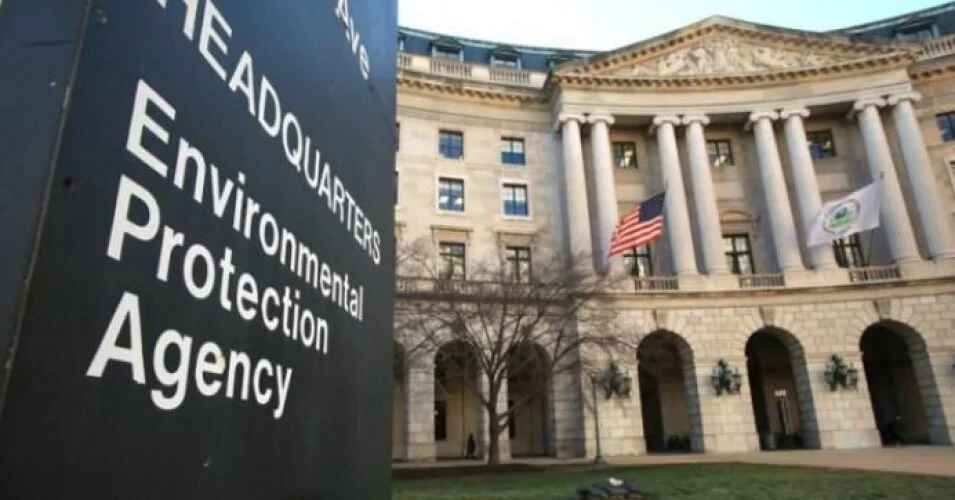Federal Environmental Laws
The United States Congress passes the federal environmental laws governing environmental protection in the United States at a national level. These laws established the federal environmental agencies and laid the framework for how those agencies enforce the laws.
Through the links below, you can find information about the Congresspeople who are responsible for passing environmental laws in the United States, as well as a collection of federal laws (also known as statutes) that govern environmental protection. You will also find information on the federal agencies responsible for executing those environmental laws.
Scroll down for more information.
U.S. Environmental Statutes
These laws were passed by the United States Congress to protect the environment, wildlife, and to conserve resources. These laws provide for the creation of National Parks, the regulation of pollution, and the establishment of the government’s environmental agencies responsible for enforcing the environmental laws of the United States.
U.S. Environmental Lawmakers
The United States Congress passes laws relating to environmental protection. Certain United States Senators and Representatives serve on environmental committees, which have the primary responsibility for drafting and proposing environmental laws. Click here to learn more about this process and to see the representatives serving on these committees.
U.S. Environmental Regulatory Agencies
The most well-known federal agency responsible for enforcing environmental laws in the United States is the Environmental Protection Agency (“EPA”). After Congress passes laws, federal regulatory agencies (like the EPA) are responsible for enforcing those laws to protect the environment.
These agencies pass and enforce specific regulations to protect the environment and conserve resources. Click here to learn more about the environmental regulatory agencies in the United States.
The U.S. Constitution
The U.S. federal government derives its power to enact and enforce laws from the Constitution. The federal government cannot take any action unless the Constitution explicitly allows for it.
The Constitutional provisions shown in this page provide the basic powers necessary for Congress to pass laws to protect the environment. The Constitution also provides the President with the authority to execute the country's laws.




